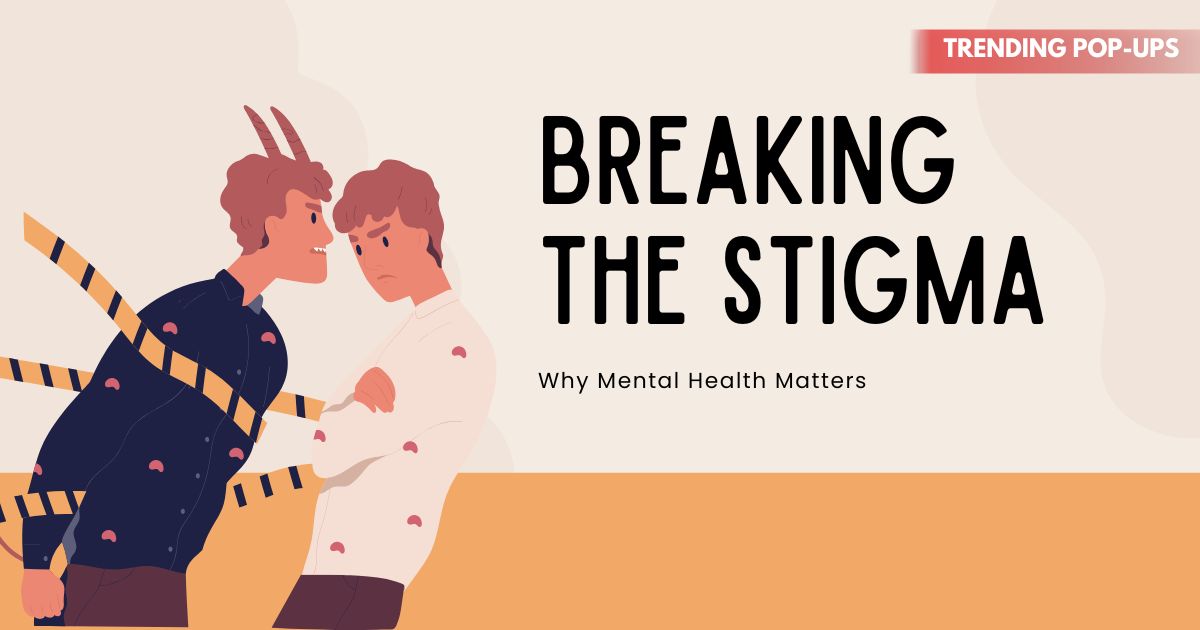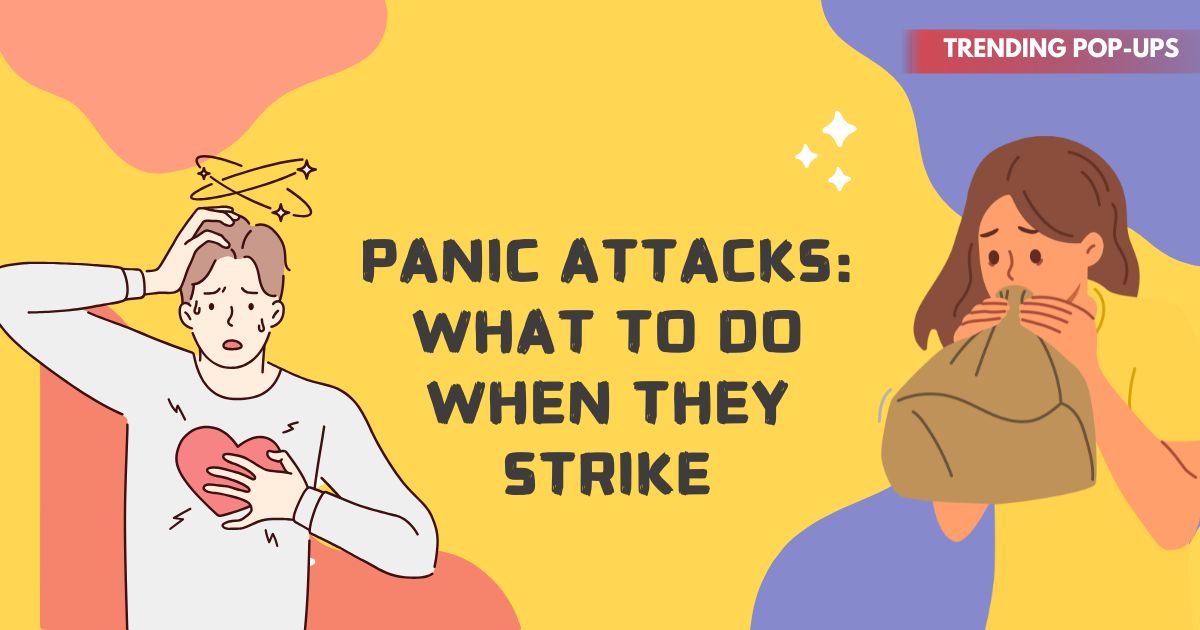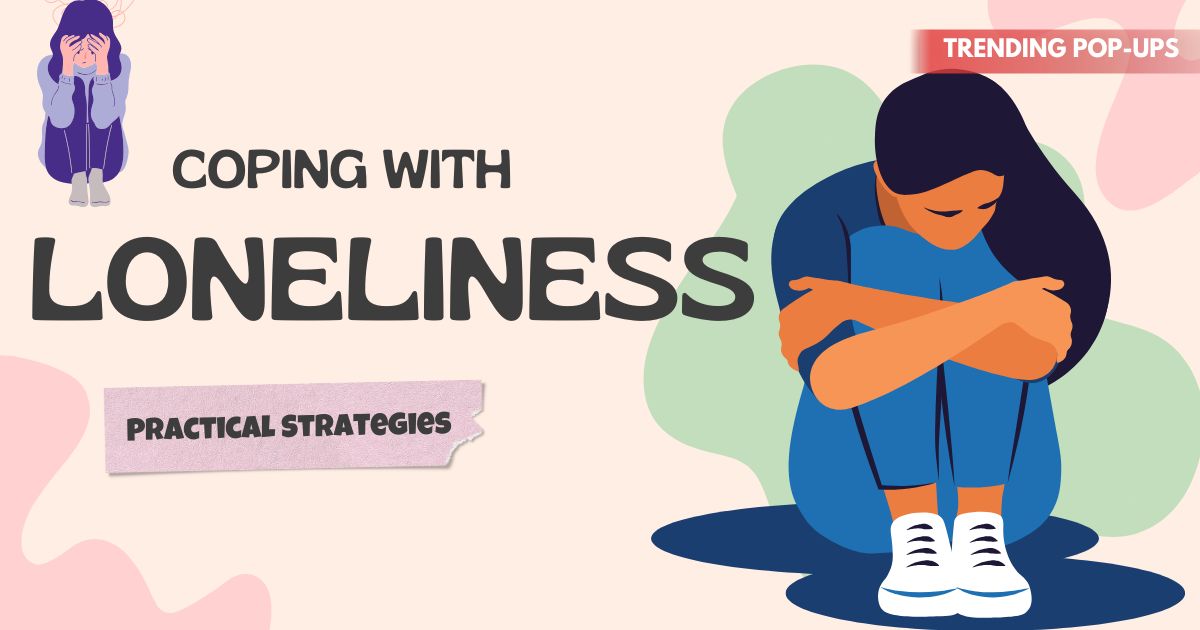Mental health is an essential component of overall well-being, yet it remains shrouded in stigma and misunderstanding in many societies. Misconceptions, fear, and social bias often prevent individuals from seeking help, leading to untreated conditions, emotional suffering, and decreased quality of life. Breaking the stigma around mental health is vital to fostering understanding, compassion, and accessible care for all. This article explores why mental health matters, the consequences of stigma, and practical ways to promote mental wellness.
Understanding Mental Health
Mental health refers to a person’s emotional, psychological, and social well-being. It influences how individuals think, feel, and behave in daily life. Good mental health allows people to handle stress, form healthy relationships, work productively, and contribute to their communities.
Common mental health conditions include:
-
Depression
-
Anxiety disorders
-
Bipolar disorder
-
Schizophrenia
-
Post-traumatic stress disorder (PTSD)
Mental health challenges can affect anyone, regardless of age, gender, or background. Yet, societal stigma often prevents open discussion and early intervention.
The Stigma Surrounding Mental Health
Stigma refers to negative attitudes, stereotypes, and discrimination directed at individuals experiencing mental health issues. It manifests in various ways, including:
-
Believing that mental illness is a personal weakness
-
Avoiding or isolating individuals with mental health conditions
-
Mocking or labeling people who seek therapy or medication
-
Denying opportunities based on perceived mental instability
Stigma perpetuates shame and fear, discouraging people from seeking help or talking openly about their struggles.
Why Mental Health Matters
Mental health is not just the absence of mental illness; it is a vital part of holistic well-being. Addressing mental health has profound personal, social, and economic implications:
1. Emotional Well-Being
Good mental health allows individuals to manage emotions, cope with stress, and maintain positive relationships. It fosters resilience in the face of life’s challenges.
2. Physical Health Connection
Mental and physical health are closely linked. Chronic stress, depression, and anxiety can contribute to cardiovascular disease, obesity, and weakened immunity. Taking care of mental health improves overall physical well-being.
3. Productivity and Performance
Untreated mental health conditions can impair focus, decision-making, and productivity. Supporting mental wellness enhances performance in work, academics, and daily tasks.
4. Social Relationships
Healthy mental states support strong relationships. Emotional stability promotes empathy, effective communication, and conflict resolution, contributing to more fulfilling connections.
5. Preventing Suicide and Self-Harm
Mental health awareness and early intervention play a crucial role in preventing suicide and self-harm. Recognizing symptoms and seeking help can save lives.
Consequences of Ignoring Mental Health
Ignoring mental health can lead to a range of negative outcomes:
-
Chronic stress and burnout
-
Development or worsening of mental health disorders
-
Substance abuse as a coping mechanism
-
Strained personal and professional relationships
-
Reduced quality of life and life satisfaction
Societal neglect of mental health also results in economic burdens due to decreased productivity and increased healthcare costs.
Practical Strategies to Promote Mental Health
1. Raise Awareness
Education and open conversations reduce misconceptions about mental health. Schools, workplaces, and communities can organize seminars, workshops, and campaigns to normalize discussions around mental well-being.
2. Encourage Help-Seeking
Normalize seeking professional help through therapy, counseling, or medical intervention. Providing accessible resources and creating a supportive environment encourages individuals to prioritize mental health without fear of judgment.
3. Develop Healthy Coping Mechanisms
Promoting stress management techniques can enhance resilience:
-
Meditation and mindfulness
-
Deep breathing and relaxation exercises
-
Physical activity and exercise
-
Creative outlets such as art, music, or writing
4. Build Supportive Communities
Social support is vital for mental health. Encouraging family, friends, and peer networks to listen without judgment fosters trust and emotional security. Support groups and online communities also offer safe spaces for sharing experiences.
5. Reduce Workplace and Academic Stress
Institutions can implement policies to reduce mental health strain, including flexible schedules, mental health days, and employee assistance programs. Education systems can provide counseling services and stress-management resources for students.
6. Limit Stigmatizing Language
Language plays a crucial role in shaping perceptions. Avoid derogatory or dismissive terms such as “crazy,” “weak,” or “unstable.” Instead, promote empathy and understanding when discussing mental health challenges.
7. Integrate Mental Health into Healthcare
Routine mental health screenings alongside physical checkups can detect early signs of conditions like depression or anxiety. Integrating mental health care into primary healthcare increases accessibility and reduces stigma.
8. Self-Care Practices
Individuals can take proactive steps to maintain mental wellness:
-
Maintain a consistent sleep schedule
-
Follow a balanced diet
-
Engage in regular exercise
-
Practice gratitude and positive thinking
-
Set realistic goals and boundaries
Role of Society in Breaking the Stigma
Breaking the stigma requires collective effort from society:
-
Media: Promote accurate portrayals of mental health in television, films, and social media.
-
Workplaces: Implement mental health programs and training.
-
Schools: Teach mental health education from a young age.
-
Policy Makers: Ensure access to affordable mental health services and enforce anti-discrimination laws.
Societal change starts with awareness, empathy, and the willingness to challenge stereotypes.
Conclusion
Mental health is a critical aspect of overall well-being that affects emotional, physical, and social health. Stigma and misconceptions prevent millions from seeking the care they need, exacerbating suffering and reducing quality of life. By raising awareness, fostering supportive communities, and promoting accessible resources, we can break the stigma surrounding mental health.
Everyone has a role to play in promoting mental wellness. Prioritizing mental health, encouraging open conversations, and practicing empathy not only improve individual lives but also contribute to a healthier, more compassionate society. Mental health matters—let’s work together to ensure no one suffers in silence.
Also Read : Signs of High-Functioning Anxiety
FAQs
1. What is mental health?
Mental health refers to emotional, psychological, and social well-being, influencing how we think, feel, and act in daily life.
2. Why is mental health important?
It affects emotional stability, physical health, productivity, social relationships, and overall quality of life.
3. What are common mental health conditions?
Common conditions include depression, anxiety disorders, bipolar disorder, PTSD, and schizophrenia.
4. How can we break the stigma around mental health?
By raising awareness, encouraging help-seeking, using supportive language, and promoting education in schools and workplaces.
5. When should someone seek professional help?
If mental health challenges interfere with daily functioning, persist over time, or cause significant distress, seeking therapy, counseling, or medical care is recommended.



